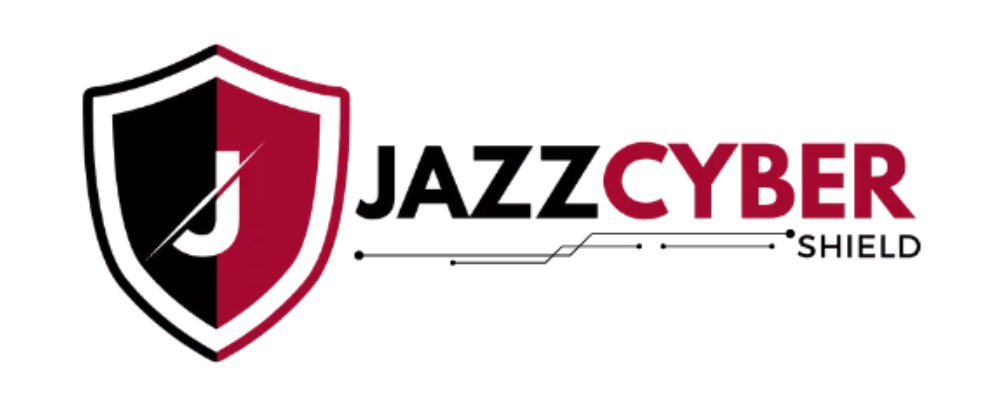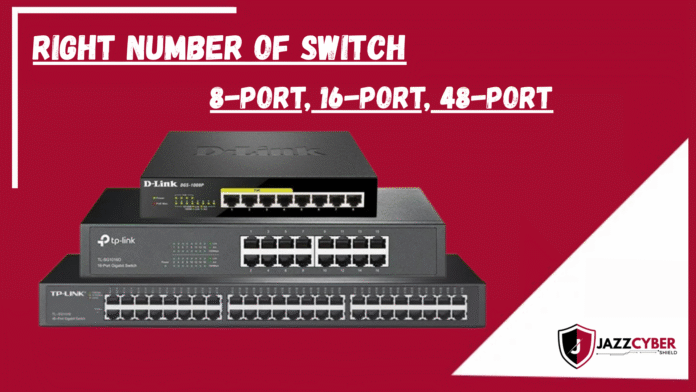When setting up a network, one of the most critical opinions is opting the right switch with the applicable number of ports. Whether you are managing a small office, a growing business, or a large enterprise, choosing between an 8-ports, 16-ports, or 48-ports switch can significantly impact performance, scalability, and cost-effectiveness.
In this companion, we’ll break down the key factors to consider when select a network switch, including network size, future expansion, bandwidth conditions, and budget. By the end, you’ll know exactly which switch suits your requirements.
1. Understanding Network Switches and Their Port Configurations
A network switch connects multiple devices (computers, printers, waiters, IP cameras, etc.) within a Original Area Network (LAN), allowing them to communicate efficiently. The right number of ports determines how numerous devices can be connected directly to the switch.
Key Considerations When Choosing a Switch
- Number of connected devices
- Current and unborn network demands
- Type of business (data, VoIP, videotape streaming, etc.)
- Managed vs. unmanaged switch conditions
- Power over Ethernet( PoE) needs
2. 8- Port Switch Best for Small Networks
An 8-port switch is ideal for home services, small businesses, or limited- device setups.

Pros:
- Affordable – Lower cost for introductory networking requirements.
- Compact & Energy-Effective – Takes up minimum space and consumes lower power.
- Easy to Manage – Most 8-port switches are unmanaged, taking no configuration.
Cons:
- Limited Scalability – Not suitable for expanding networks.
- May Require Upgrades – If further devices are added, an additional switch may be demanded.
Best Use Cases:
- Home networks with a many computers, smart TVs, and gaming consoles.
- Small offices with smaller than 8 wired devices.
3. 16- Port Switch Ideal for Growing Businesses
A 16-port switch offers further flexibility for medium-sized businesses, retail stores, or services with multiple workstations.

Pros:
- Balanced Capacity – Handles further devices without excessive cost.
- Supports PoE Options – Useful for IP cameras, VoIP phones, and wireless access points.
- More for Future Expansion – Reduces the need for immediate upgrades.
Cons:
- Advanced Cost – More expensive than 8-port switches.
- Requires Proper Operation – Managed switches may need IT expertise.
Best Use Cases:
- Small to medium services with 10-15 connected devices.
- Businesses using VoIP, security cameras, and multiple workstations.
4. 48-Port Switch For Large Enterprises & High- Demand Networks
A 48-port switch is designed for large services, data centers, schools, and enterprises with heavy network business.

Pros:
- High Device Capacity – Supports dozens of users and IoT devices.
- Advanced Features – VLANs, QoS, and Subcaste 3 routing in managed models.
- Reduces Switch Clutter – Smaller switches mean easier string operation.
Cons:
- Expensive – Advanced outspoken and functional costs.
- Requires Professional Setup – Best handled by IT brigades.
Best Use Cases:
- Commercial services with 30 workers.
- Data centers and server apartments.
- Schools, hospitals, and large retail surroundings.
5. Key Factors to Consider Before Buying

Current vs. Future Needs
- Will your business grow? Choose a switch with redundant ports.
- Avoid frequent upgrades by planning ahead.
Managed vs. Unmanaged Switches
- Unmanaged Plug-and-play, no configuration (best for small networks).
- Managed Offers security, VLANs, and business control (ideal for businesses).
Power over Ethernet( PoE) Support
- Essential for IP cameras, VoIP phones, and wireless access points.
- PoE+ and PoE++ give advanced power delivery.
Speed & Bandwidth Conditions
- Gigabit (1 Gbps) vs. 10 Gbps switches – Choose grounded on data transfer needs.
- High- bandwidth operations (videotape editing, cloud backups) need faster switches.
6. Why Choose Jazz Cyber Shield for Your Network Switch?

At Jazz Cyber Shield, we give high- quality, dependable network switches acclimatized to your business requirements. Whether you need an 8-port, 16-port, or 48-port switch, we offer
- Competitive Pricing – Affordable results without compromising quality.
- Expert Guidance – Our team helps you choose the best switch for your setup.
- Fast Shipping & Bond – Quick delivery and dependable after-deals support.
- Wide Range of Options – From introductory unmanaged switches to advanced managed and PoE models.
Upgrade your network with the right switch — visit Jazz Cyber Shield moment!
Final Thoughts:
Choosing the Right Number of Ports switch depends on your network size, budget, and future growth. An 8-port switch works for small setups, a 16-port switch suits growing businesses, and a 48-port switch is perfect for large enterprises. Assess your requirements carefully before making a decision.
Need help select the best switch? Contact Jazz Cyber Shield for expert advice!



